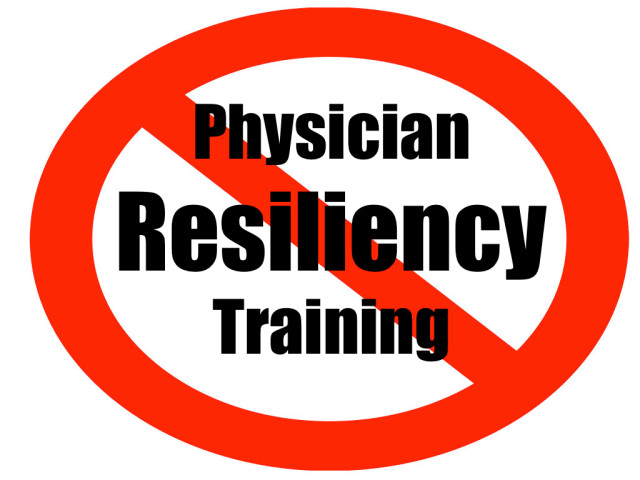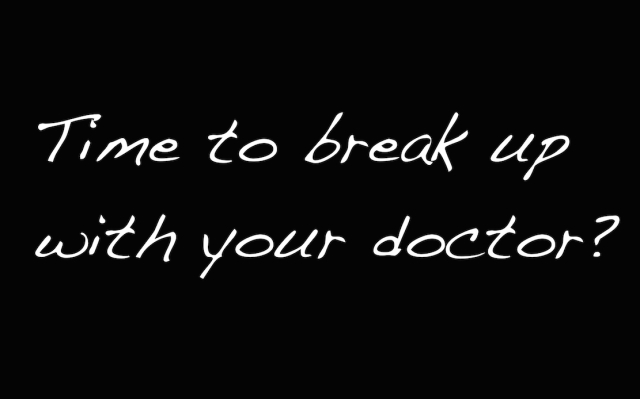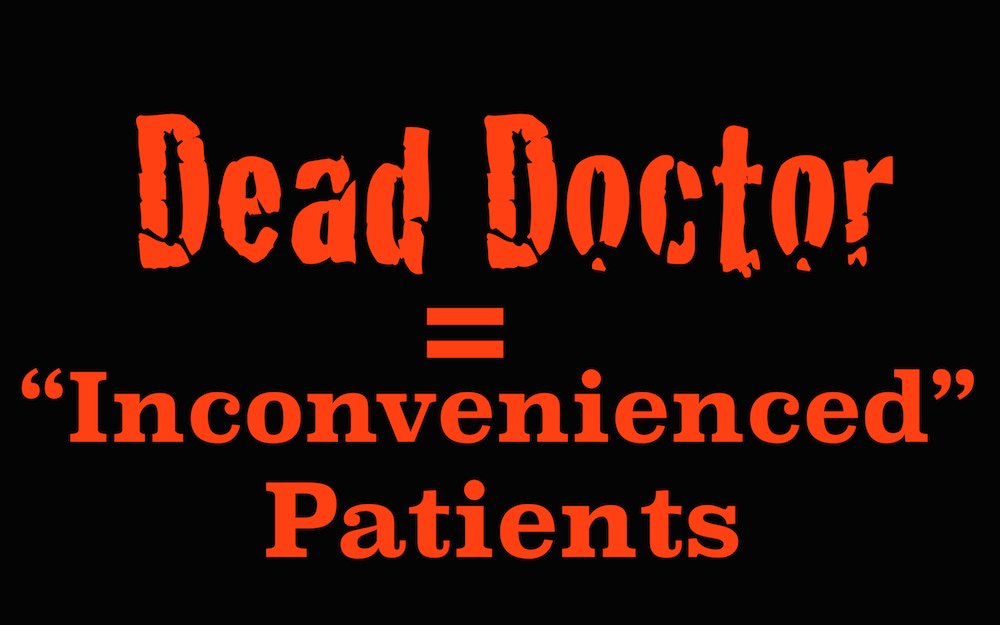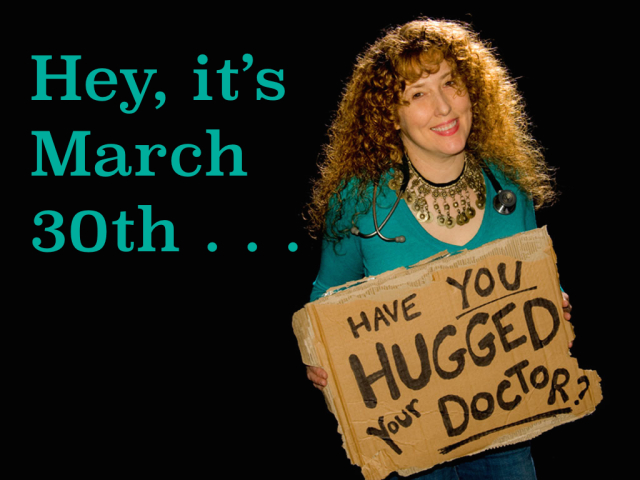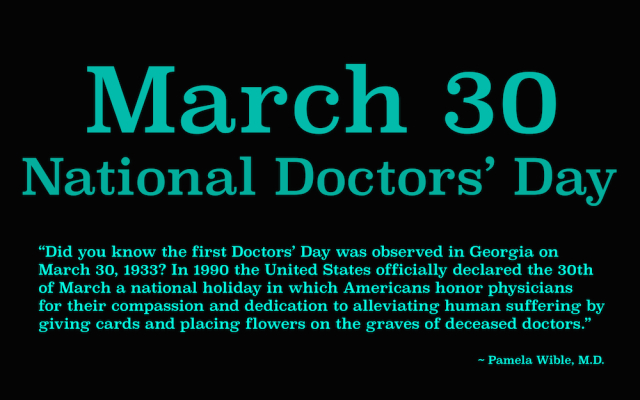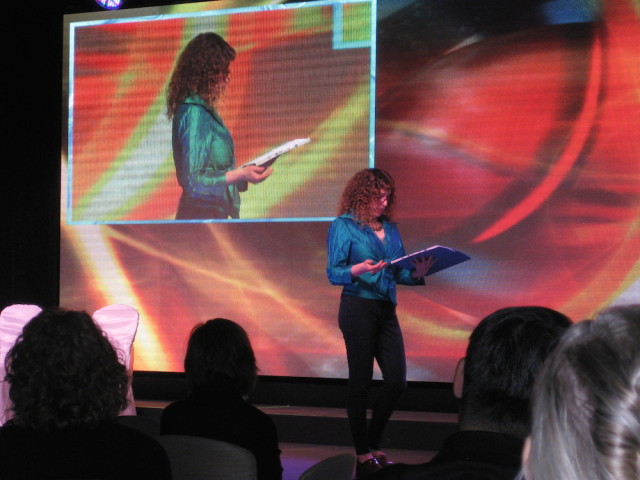
I just delivered a keynote in St. Louis to 600 health care leaders from a health system with 20 hospitals, 600 clinics, and 30,000 employees. They told me not to be afraid of the 12-foot-tall version of myself following me around stage. No problem. I’m one of the few people who has never been frightened by public speaking. The larger the audience the better.
Most people avoid public speaking. But it can be incredibly fun and fulfilling to inspire people from stage. Here are 7 secrets to wow the audience with your next speech—even if it’s not a keynote:
1. Inspire & motivate – The purpose of a keynote is to energize and engage the audience while delivering a profound message. Share your primary message in a way that excites the audience and makes them feel optimism and joy. Give simple and practical tips that can be implemented in their personal and/or professional lives.
2. Tell stories – People will remember how you make them feel and the best way to do that is with stories and anecdotes that teach your core message. Always use real-life adventures that the audience can relate to while guiding them on an emotional journey. Laughing one minute and crying the next is a good thing! And don’t be afraid to get a little edgy. People like the quirky and unexpected. So even though I was speaking at a Catholic health system with nuns in the front row, I told my erectile dysfunction story and even said a curse word or two. Yikes! I was a little nervous. But everyone laughed!
3. Be authentic – People today crave authenticity. Vulnerability is compelling so be raw and revealing. While speaking at a medical school on medical student suicide, I got real honest by reading excerpts from my med school diary that I had never shared with anyone. Guess what happened? I receive a standing ovation!
4. Love the audience – Know your audience. What they fear. What they love. Their greatest frustrations and desires. Arrive early and mingle with the guests. The more you understand your audience and their needs the better you will be received. Reference people in the room during your speech to bond with the group. This may sound really bizarre, but when I speak to medical students I feel very maternal. I’m so open-hearted, sometimes it feels like I’m breastfeeding. And I’ve never even had a baby!
5. Get active – To keep the audience engaged, get them up and out of their chairs. Ask them to do something. In the middle of my talk, I had everyone get up and hug someone. Then I taught them the right and wrong way to hug. Guess what happened afterwards? I saw people hugging up and down the hallway! And, of course, people wanted to hug me as I was leaving.
6. Call to action – Have one simple call to action. Challenge people to think and behave differently. Repeat your core message and the practical tips attendees can implement to improve their lives and careers. My basic call to action for the leaders of this Catholic health system: Love your patients. And don’t forget to hug them!
7. Have fun – A keynote is a performance. Get creative. Vary your volume, pacing, energy, and movement. Above all, enjoy yourself. Laugh. Be playful. Having fun is contagious! In retrospect, I would have liked to throw “FREE HUGS” T-shirts out to the crowd! Next time . . .
My recent keynote isn’t online, but check out my TEDx talk “How to get naked with your doctor.” Oh yeah, always have a titillating title.

Pamela Wible, M.D., is keynote speaker and founder of the ideal medical care movement. She practices family medicine in Eugene, Oregon.

